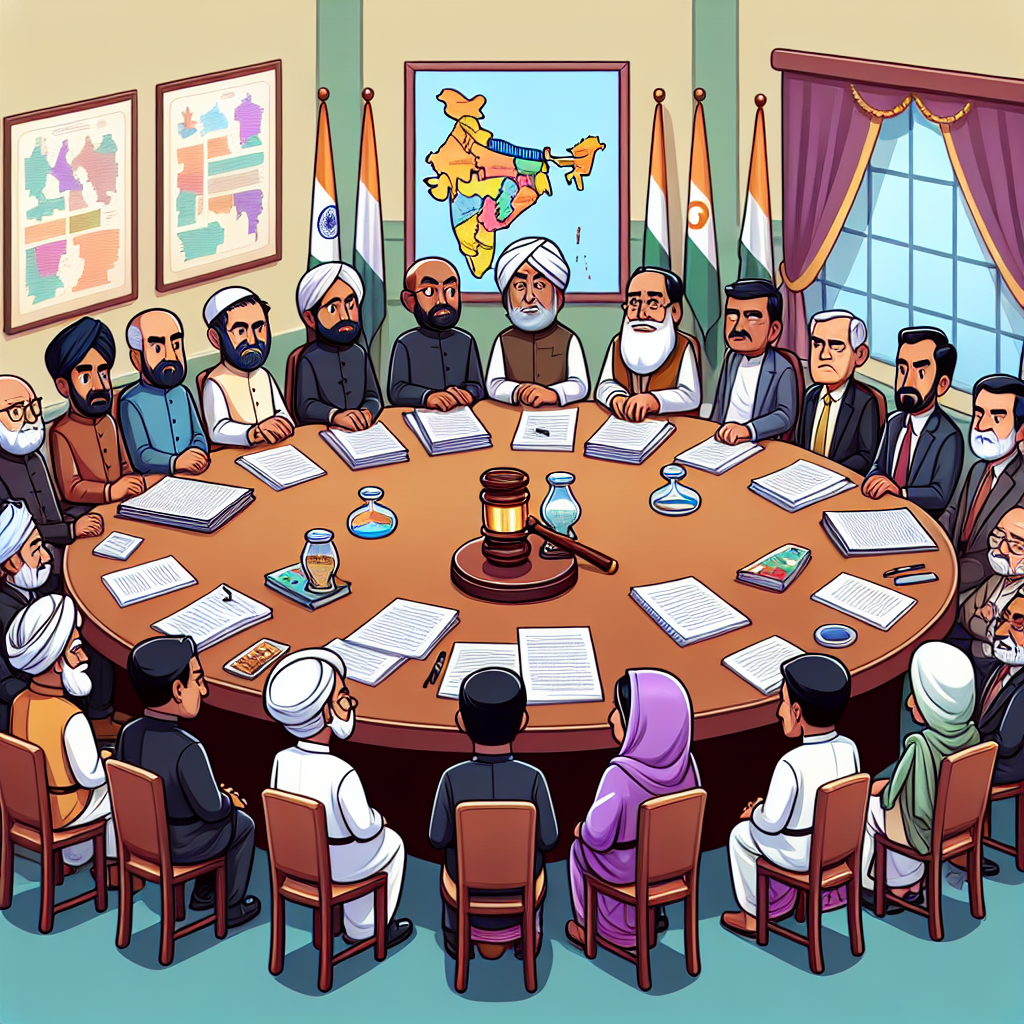Uncoordinated Moves: U.S. and Iran's Nuclear Debate Intensifies
The U.S. decision not to inform European nations about its negotiations with Iran has weakened its diplomatic leverage, according to analysts and diplomats. This lack of coordination complicates efforts to reimpose U.N. sanctions and may increase the likelihood of U.S. and Israeli military action against Tehran.

Analysts and diplomats indicated that the U.S. choice to negotiate with Iran without consulting European allies has diminished its diplomatic strength, potentially heightening the chance of military intervention by the U.S. and Israel.
The former U.S. administration maintained a hardline, with President Trump threatening military action if Iran's nuclear pursuits continued. The E3—comprising Britain, Germany, and France—plays a crucial role in any snapback sanctions, underscoring the importance of alignment with American strategies.
Efforts to engage with Iran have seen European nations take a leading role, emphasizing their ongoing significance in resolving nuclear tensions with Iran, especially as the 2015 nuclear accord approaches expiration.
(With inputs from agencies.)
- READ MORE ON:
- U.S.
- Iran
- nuclear
- negotiations
- sanctions
- Trump
- Europe
- diplomatic
- snapback
- diplomacy
ALSO READ
Trump says he'll sign executive order to enact 10 per cent global tariff after US Supreme Court defeat, reports AP.
Supreme Court Overturns Trump's Global Tariffs, Reshaping Economic Agenda
Supreme Court Overturns Trump's Tariffs in Landmark Ruling
Supreme Court Nixes Trump's Global Tariffs: Economic Agenda Shaken
Congress Celebrates as US Supreme Court Overturns Trump's Tariffs









